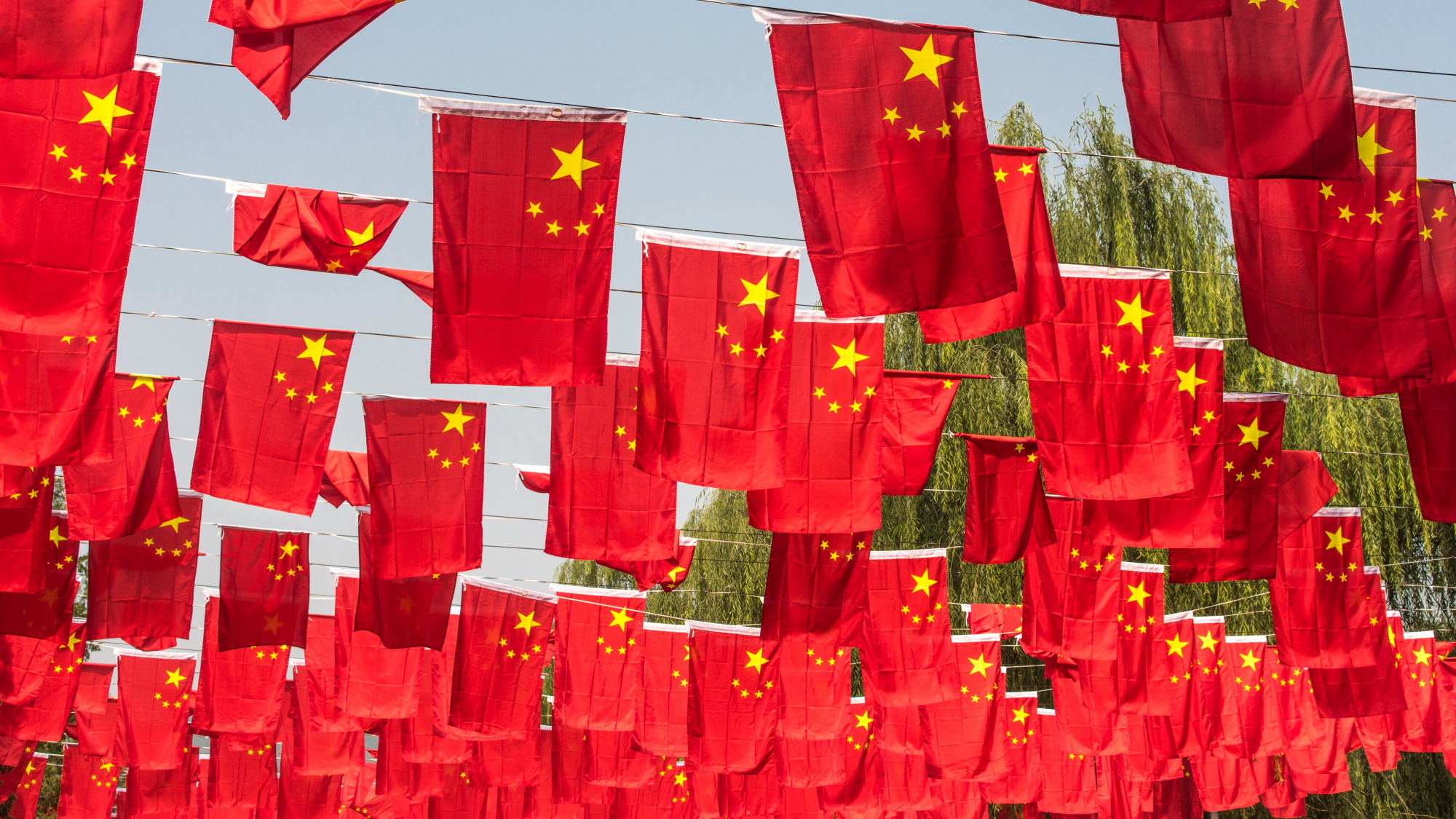
China’s State Administration for Market Regulation (SAMR) has announced plans to use technology in its big to intensify crackdowns on counterfeits and improve IP protection.
The pledge, made by SAMR official Tong Bo (via China Daily), came amid discussions surrounding the administration’s efforts to protect against IP violations.
Bo stated that SAMR is “aiming to improve our capability of finding and identifying IP violations” by using technologies like cloud computing and mobile networks in order to assist in identifying IP violations.
China clamps down on IP violations
Last June, SAMR launched a major crackdown on online IP infringements together with the Ministry of Public Security and the China National Intellectual Property Administration. The initiative was designed to regulate the market and ensure that internet platforms were fulfilling their regulatory responsibilities.
Since then, according to Bo, more than 27,000 online IP infringement cases have been produced, with 267 referred to public security bureaus for further investigations.
Bo also noted that 1,374 websites involved in such activities have been shut down, and a further 7,390 online shops have been ordered to cease platform services after being found in violation of regulations.
Emphasizing that the efforts are ongoing, Bo stated that the regulator has continued to intensify its efforts to protect IP and combat counterfeits, alluding to the fact that the administration’s job isn’t finished and that more could be done to address the issue.
The SAMR’s enhanced focus on integrating technology into its law enforcement strategies signifies China’s commitment to safeguarding its markets, however the initial early information lacks any mention of artificial intelligence.
The Republic has been subject to numerous restrictions and bans from the likes of the US over importing and exporting computing components like processors, which play a big role in the rollout of AI. In response to global geopolitical tensions, China has now turned its attention to developing its own products.
More from TechRadar Pro
- These are the best cloud hosting providers
- Check out our roundup of the best AI tools and best AI writers
- LLM copyright and IP theft "de facto endorsed" by UK government







